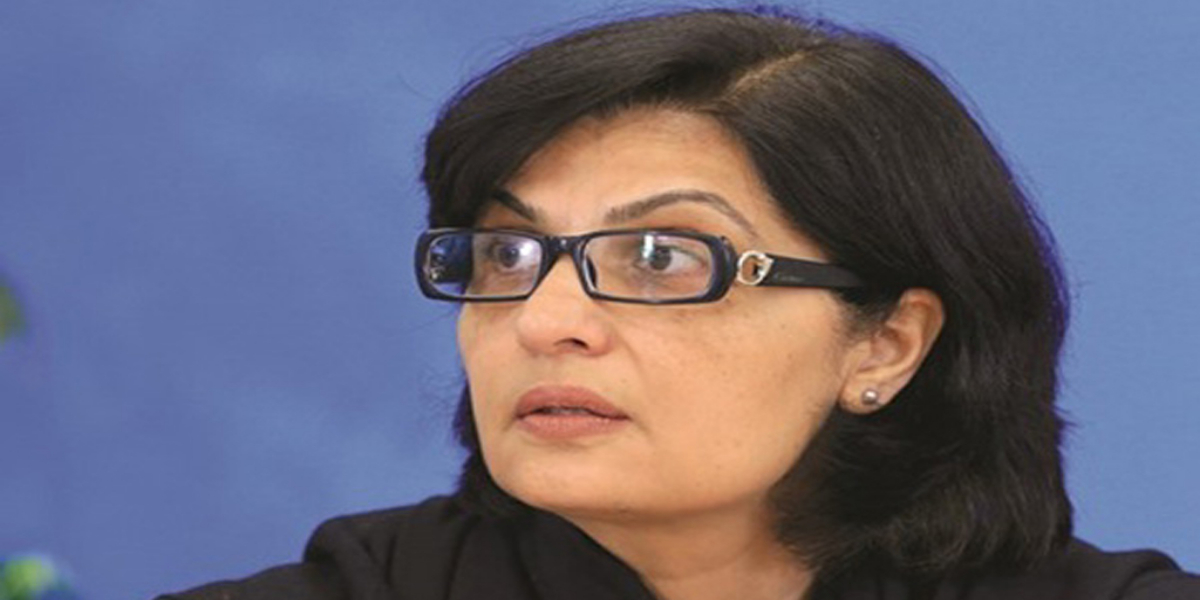ISLAMABAD: The World Bank on Friday held an international consultative clinic attended by global experts to discuss the experiences of other countries in targeted food subsidy programme and inform about Pakistan’s “Ehsaas Rashan Riayat” programme being launched to mitigate spiraling inflation effects badly hitting the poor in the country.
Special Assistant to Prime Minister (SAPM) on Social Protection and Poverty Alleviation Senator Dr Sania Nishtar presided over the event.
Presenting an overview of the programme, Dr Sania said: “Learning from international precedents and pilot learning, the Ehsaas Rashan Riayat will enable small and medium Karyana stores as well as government-owned Utility Stores to disburse subsidies to the poor.”
Read more: PM directs to pace up Ehsaas Ration Programme
She further said that Ehsaas and the National Bank of Pakistan (NBP) had developed a mobile point of sale Android application that is integrated with a central Ehsaas subsidy platform, enabling the processing of subsidies against the CNIC of a beneficiary through a real-time verification process.
The SAPM maintained that the utilization of a digital platform in this programme would enable them to track the use of subsidy by each beneficiary at product and geography level which would provide much-needed transparency in the process.
Participating grocery store owners would be required to open bank accounts, increasing financial inclusion and scale of digital transactions in the country, she elaborated.
Read more: One million people registered for Ehsaas Rashan Programme
The World Bank functionaries provided a brief overview of key issues on cash vs in-kind transfers and illustrated pathways of reform charted by select international country experiences.
The expert from Egypt highlighted recent evolution in the structure of its near-universal food subsidies including ration cards, Baladi Bread and challenges stemming from reforms. The speaker from Indonesia detailed the country’s journey from large-scale price subsidies for commodities, “Rastra” to electronic voucher transfers including their pilot to scale-up.
The participants lauded Ehsaas Rashan Programme meant to grant a subsidy of Rs1,000 a month to 20 million low-income families on the purchase of certain food items including flour, cooking oil/ghee and pulses. They highly commended that the first of its kind technology-led, targeted subsidy disbursal programme will make beneficiaries and storeowners more digitally skillful.



















